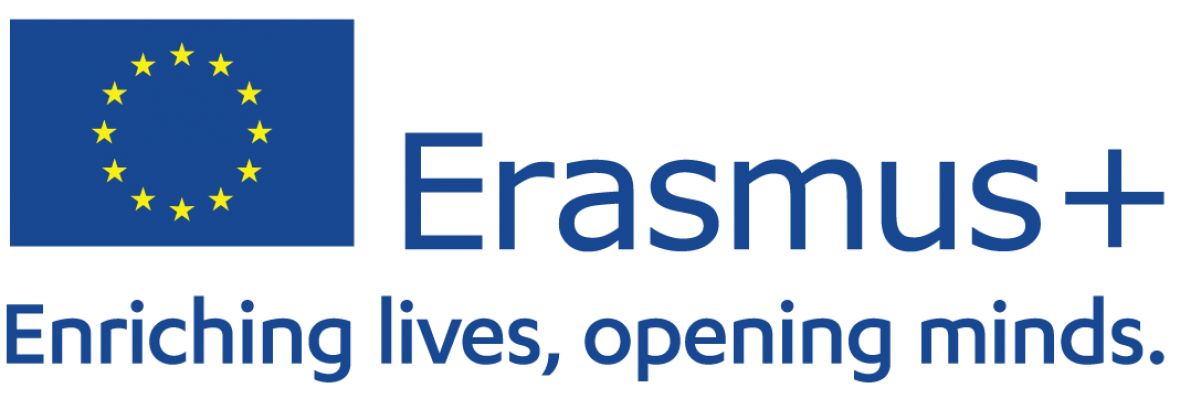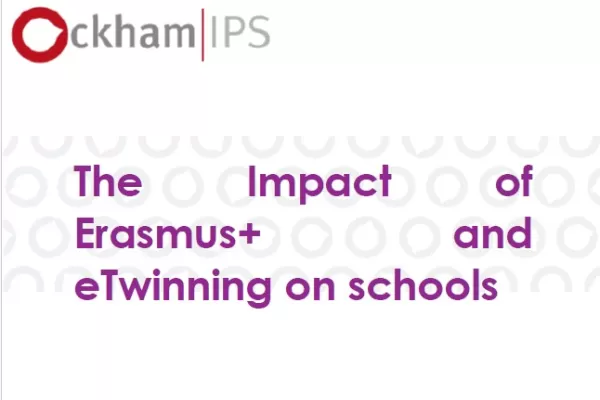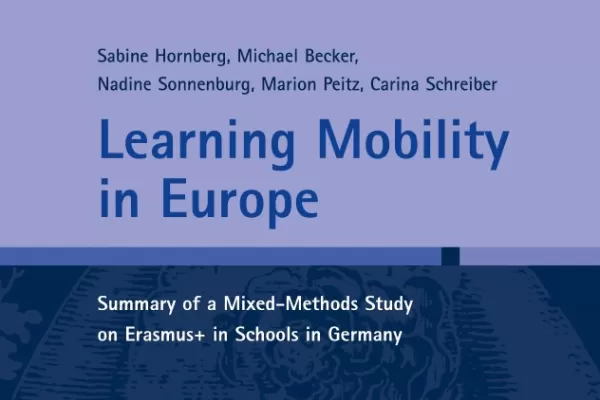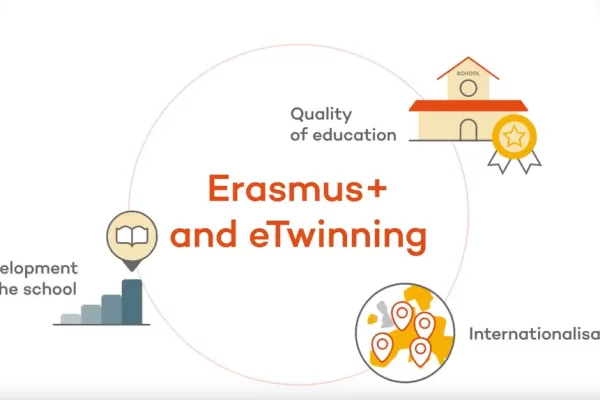Resume
This study delineates the differences between (1) candidates for E+ financed projects in 4 sectors (School Education, Adult Education, VET and Youth) for 2017-2020 who proposed inclusion issues in all Key Actions types, (2) participants to national, international and Teach for Romania training events on inclusion themes and organised between 2016-2020 and (3) representatives of partners and other relevant organisations which have a significant contribution to the inclusive education in Romania. The participants from (1) and (2) were asked to complete the online survey. Selected participants from all categories were selected for phone and online structured interviews. A selection of good practice projects from all Key Actions was the subject of the study case.
The informative behaviour of the candidates is diversified, looking especially for the sources directly connected with the Erasmus + program and the National Agency. The use of other sources, such as social media, is circumstantial rather than systematic.
It is recommended to intensify direct promotion in schools, especially for those seated in a vulnerable environment, by using all channels (email, newsletter, direct presentations) and through direct meetings and presentations organised in several locations, with groups of potential candidates previously identified and contacted directly; a more aggressive social media presence.
Conclusions
- Increasing the frequency of training workshops, increasing their duration and paying more attention to the selection of participants.
- Preserving while diversifying the traditional areas of intervention targeted by the inclusion projects, but also their diversification.
- Intensifying the information component as well as improving the selection process, including prioritizing the inclusion component to increase the number of people with reduced opportunities among projects participants.
- Increasing the number of inclusion projects by focusing on the support and counselling, reaching vulnerable areas and touching groups of eligible organizations that have no longer applied for Erasmus+ funding.
Recommendations
- Increasing the quality of the projects dealing with inclusion issues by organising more training, promoting good practices, workshops proposed to final beneficiaries, counselling, training and mentoring for the candidates, rising the financial motivation, more accessibility for special needs people, counselling for writing projects.
- Increasing the number of reduced opportunities participants for the projects through wide dissemination of the Erasmus calls, more training, counselling, training and mentoring for those working with reduced opportunities people, increasing the finances per project/participant.
- Supporting vulnerable organisations to run through targeted training, identifying suitable candidates and supporting them to write good projects and implement them.
Downloads
- Study on the impact of inclusion measures 1MB / pdf Download
More information?
Looking for more information about this project? Get in touch: margareta.ivan@anpcdefp.ro.




